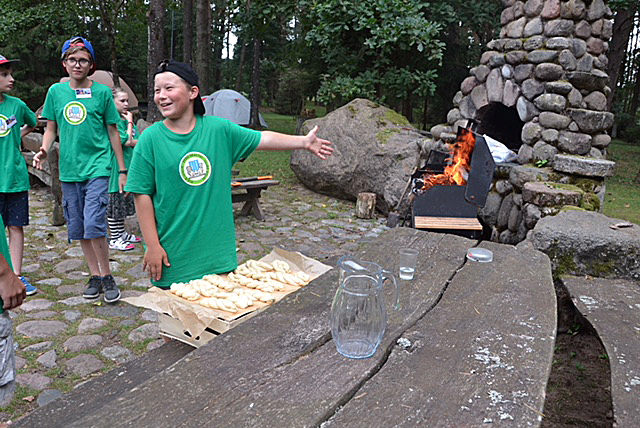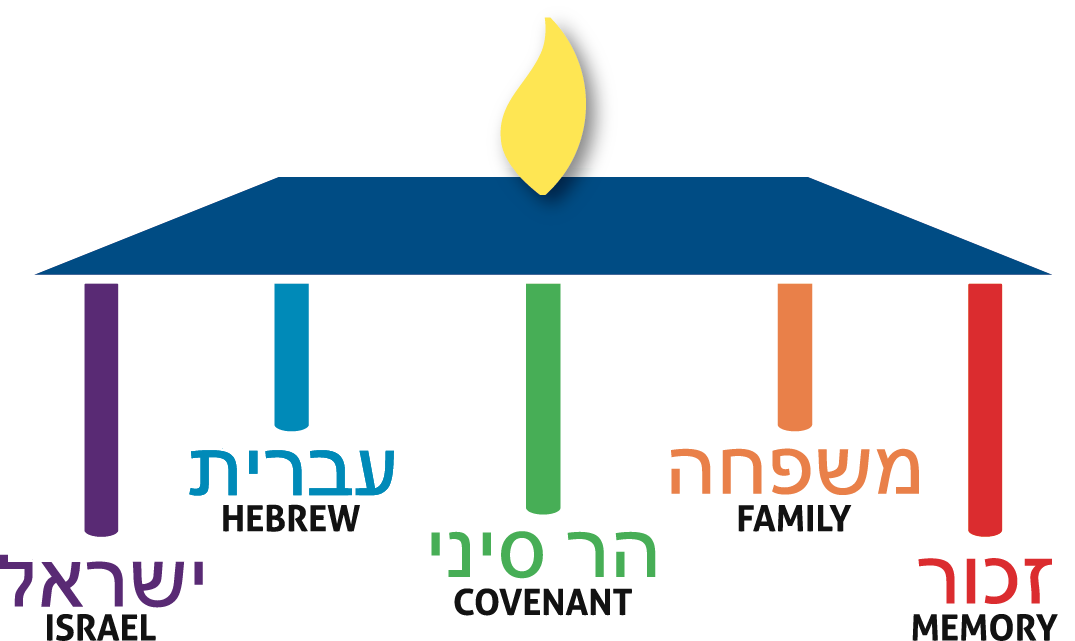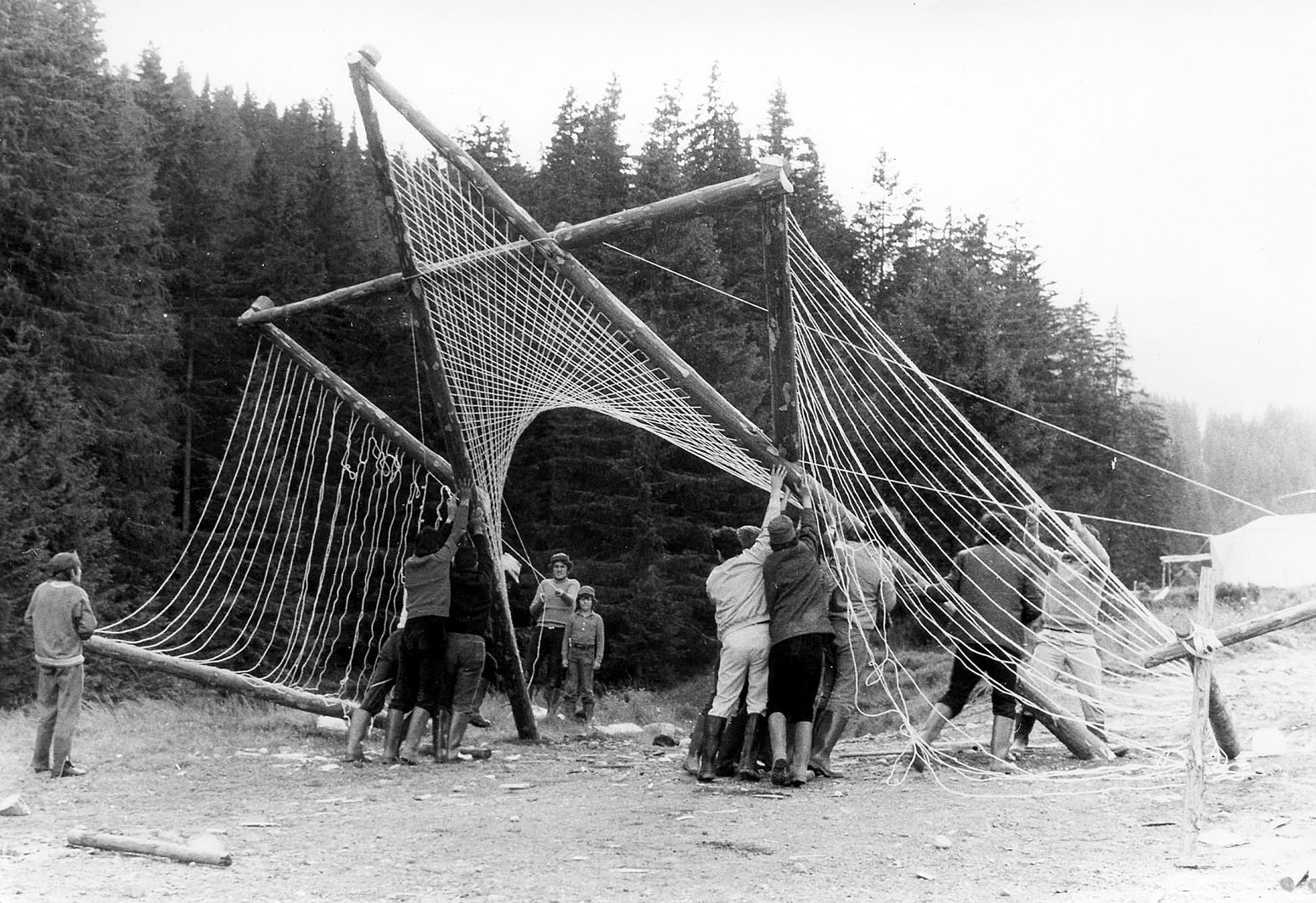« Le Minimum commun […] constitue ce qu’on peut appeler un test de tolérance. En effet, il demande au pratiquant d’admettre auprès de lui quelqu’un qui l’est moins et la réciprocité est aussi vraie. Ceci n’est-il pas au plan israélite ce que la fraternité est sur le plan scout ? Il faut aux Juifs autant de tolérance pour s’accepter les uns les autres qu’aux non-Juifs pour vivre côte à côte sans distinction de race ou de religion.» (Marguerite Klein)
Scouting is open to all.
So Jewish Scouting should be open to all, a place to discover the wealth and diversity within Judaism.
The particular characteristic of this programme is to be pluralistic and inclusive, meaning to address all Jewish families, whether practising or not.
This pluralist offer is one of the strengths of our educational proposal, which makes young people aware of the unity of the Jewish people through a shared nucleus of Jewish practices:
- Kashrut (respect of Jewish Dietary Laws)
- Morning Service — Shacharit (we start our day together, as a community)
- Grace at Meals — Motsi & Birkat Hamazon (we eat together, as a community)
- Shabbat & Yom Tov (Jewish Festivals) – specific activities
Litvak Scouts – Challah cooking
A Scout religious service is NOT a service for adults, one in which you replicate the service of your synagogue or your personal service!
Above all, a Scout service is a development tool to help your Scouts discover the treasure in Tefilla – Jewish prayer.
Bear in mind the range you can encounter, varying between young people who can read Hebrew and know their prayers and others who have never taken part in a service.
Summer camp is an opportunity to experience the special moments of Judaism – Shabbat, prayers, songs and dances.
Day-by-day we can progress in practice and explanation, allowing young people to prepare and do a reading, a song or part of a prayer.
Ours is an advancing tradition, a living tradition.
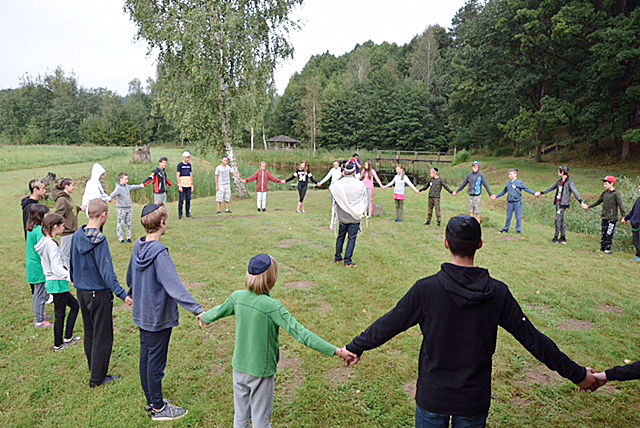
Litvak Scouts – Blowing the Shofar during the month of Elul
— The Ultimate Scout Prayer —
• The eighteenth century Rebbe Nachman of Breslov took this urge to enjoy nature in the context of prayer in a new level when he prayed the following:
”Master of the Universe,
Grant me the ability to be alone;
May it be my custom to go outdoors each day among the trees and grass among all growing things and there may I be alone, and enter into prayer, to talk with the One to whom I belong
May I express there everything in my heart, and may all the foliage of the field, all grasses, trees and plants awake at my coming, to send the powers of their life into the words of my prayer so that my prayer and speech are made whole through the life and spirit of all growing things, which are made as one by their transcendent Source.
May I then pour out the words of my heart before your Presence like water, O L-rd, and lift up my hands to You in worship, on my behalf, and that of my children/family
• Au 18e siècle, rabbi Nachman de Bratslav insistait sur l’importance d’apprécier la nature au moment de prier. Il exprimait cette nouvelle dimension dans la prière suivante :
« Maître de l’univers,
Permets-moi d’être seul ;
Fais que je prenne l’habitude d’aller chaque jour dehors au milieu des arbres, de l’herbe et de tout ce qui pousse, et là, je serai seul pour entrer en prière, pour parler à l’Unique auquel j’appartiens.
Fais que je puisse exprimer en cet endroit tout ce que j’ai dans le coeur, que les feuillages des champs, les herbes, arbres et plantes s’éveillent à ma venue pour envoyer leur force vitale dans les mots de ma prière, de façon à ce que ma prière et mes paroles soient enrichies de toute la vie et de tout l’esprit des choses vivantes créées unique par la Source transcendante.»
Fais que je puisse alors laisser couler les mots de mon cœur devant ta Présence, comme de l’eau O D.ieu, et que je puisse lever mes mains vers Toi pour te célébrer, en mon nom et ceux de mes enfants/ma famille.»
Tsofim Yehudim are following the teachings of Avraham Infeld and Rabbi Jonathan Saks:
The ‘Five-Legged Table’ of Avraham Infeld (website)
The ‘Five-Legged Table’ of Avraham Infeld (PDF document)
Avraham Infeld’s vision for the Jewish People is to find a way to be unified without being uniform. Listen to this talk to hear his suggestion as to how we can achieve this vision by constructing a “five-legged table” which allows each person to choose at least three of the following legs to express their Jewish identity:
The ‘Ten Paths to God’ of Rabbi Jonathan Saks
The ‘Ten Paths to God’ are based on the writings and teachings of Rabbi Lord Jonathan Sacks. This curriculum has been developed as a free resource that can be adapted and used by anyone involved in formal or informal Jewish education – in middle or high schools, for youth movements, on campuses, or as part of outreach organisations, synagogues and community centres.
Each unit will include an opening video and transcript, together with student and educator guides at entry and advanced levels for the following topics:
- The Way of Identity: On Being a Jew
- The Way of Prayer: Speaking to God
- The Way of Study: Listening to God
- The Way of Mitzvot: Responding to God
- The Way of Tzedakah: Love as Justice
- The Way of Chessed: Love as Compassion
- The Way of Faith: Love as Loyalty
- The Way of Israel: The Jewish Land
- The Way of Kiddush Hashem: The Jewish Task
- The Way of Responsibility: The Jewish Future
“Am Echad, Lev Echad, One people, One Heart.”
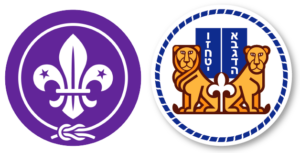
Tsofim Yehudim, L’Dor VaDor
Jewish Scouts, from generation to generation
